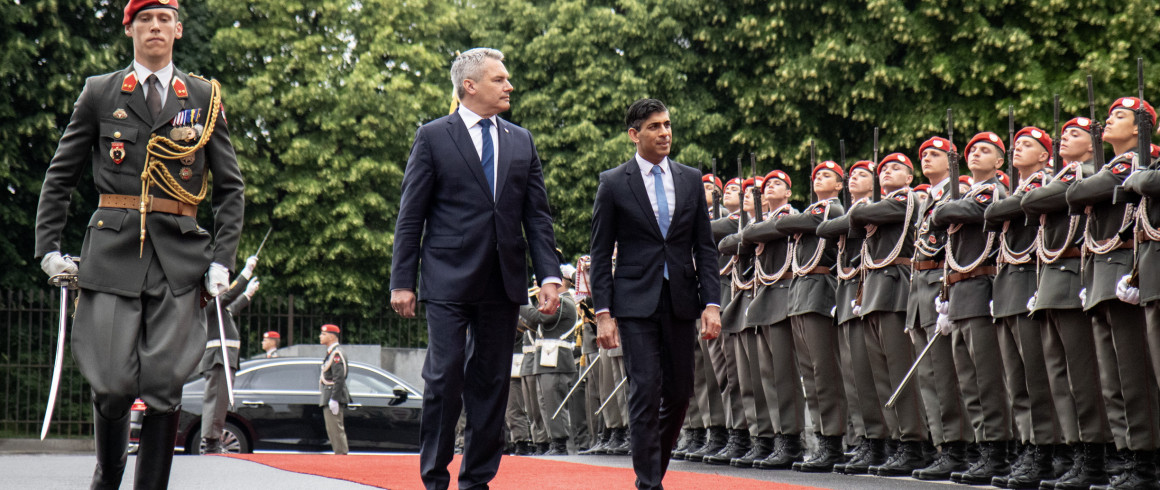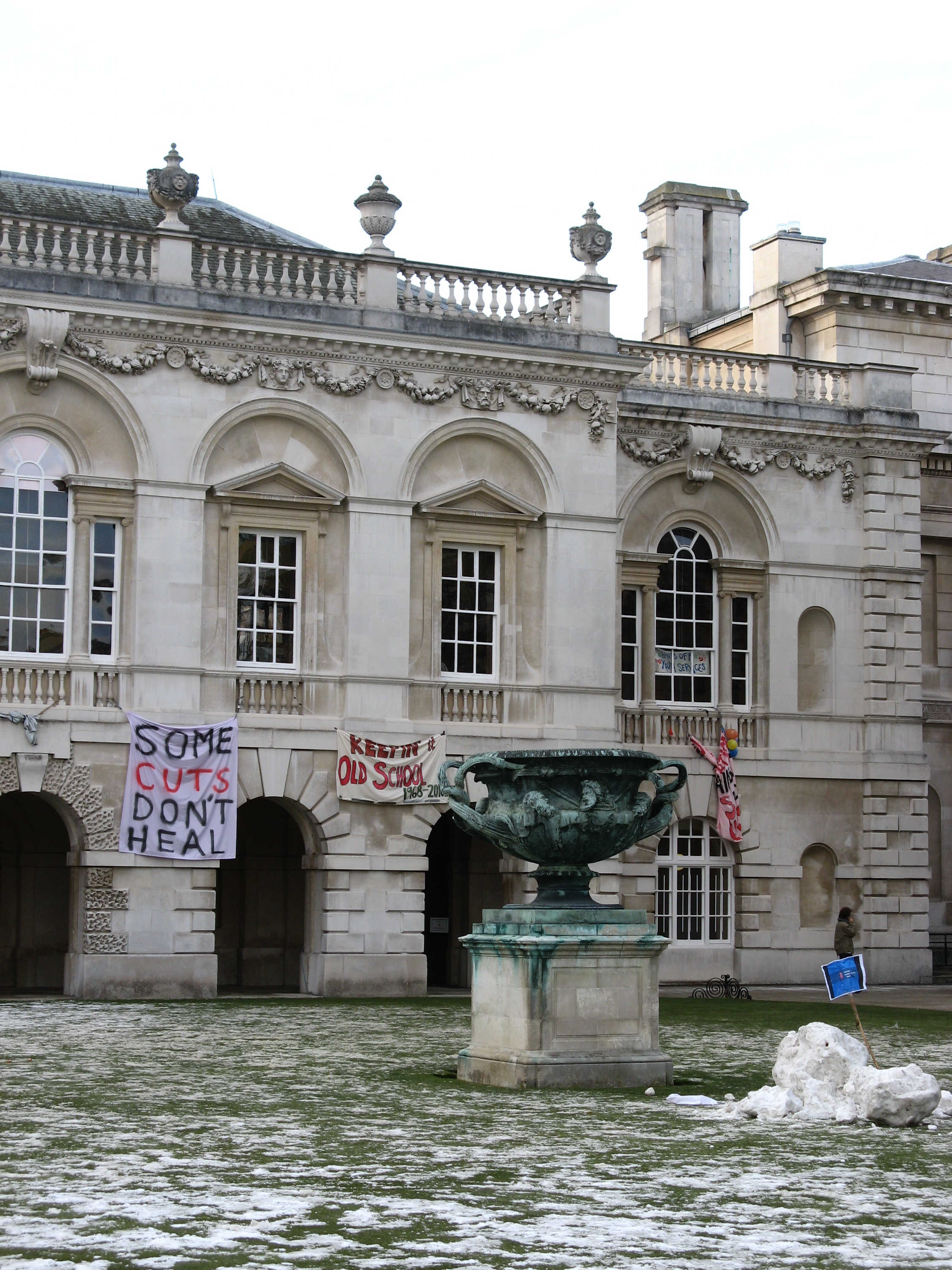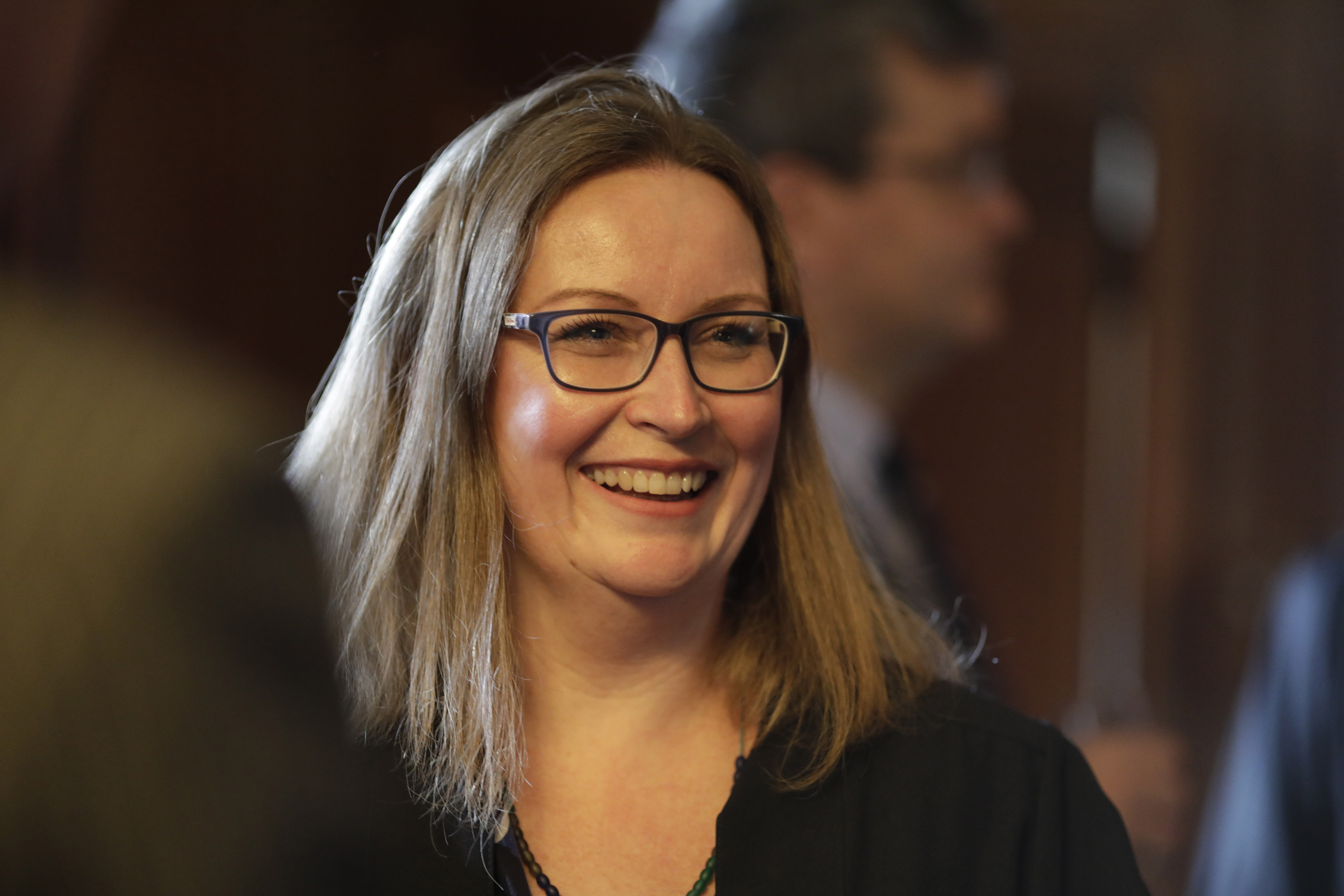May 2024 - Dr Kate Parsley, Corporate Partnership Programme Manager
Whether you're looking at the environment, the economy, or the decline of meritocracy, younger generations seem to be getting a rawer deal than we had. Could the upcoming election be a chance for them to carve out something for themselves, and are our politicians stoking the flames of intergenerational conflict?
In our May blog Dr Kate Parsley, Corporate Partnership Programme Manager and Bye-Fellow, notes that the cost of living is making it harder for children to leave home whilst hybrid working places offer fewer opportunities for shared learning between generations. How can we hope for a better future, when the young are not given a fair chance to make one?
I’ll admit to not being wholly convinced about intergenerational conflict as a theme for the Corporate Partnership Programme this year, after all hasn’t it ever been thus? Our 2024 blogs so far have touched on the seemingly constant conflict between young and old, but they have also exposed and expounded that the intergenerational divide is now larger and arguably more likely to lead to impactful consequences for us all.
It may also be harder to see how intergenerational conflict aligns with the strategies of the corporates that we partner with than, say, climate change, but the writers we have invited to comment have clearly demonstrated that it affects everyone and has substantial effects that companies and organisations need to consider and respond to.
After learning that I left home when I went to university aged 18 and never moved back, apart from in vacations, my teenage children recently attempted to calculate when they would be able to leave home (let’s just say it might not be anytime soon). Going to university is now a much bigger decision for our young people, with careful calculations needed as to whether the significant cost is ultimately worth it. I came from a generation where university was free and student loans were affordable. I’d love for my children to go to university for all the benefits above and beyond the education they’ll receive, but sadly it won’t be the automatic option for them that it was for me.
This of course impacts the parents too – and if our children delay leaving home, how does that affect the modern family? When will they form relationships and have their own children? I, like many others, met my husband at University (in fresher’s week no less), where will our children meet their partners and could this mean families form and stay closer to home? Will our young people not experience the joys of working and living in other cities and countries as previous generations did before them? Will they instead experience living in multi-generational households as more commonly seen in Asia?
One aspect of intergenerational conflict that affects many of the companies we partner with is in the workplace. Pandemic-enabled support of hybrid and virtual working has led to more people continuing to work from home, but a higher proportion of home-workers are older given their increased likelihood of childcare responsibilities and home-ownership further away from their place of work. If young people are forced by the current housing market to live in shared houses and thus prefer to work in the office to escape their single soulless room, what do they miss from not having experienced colleagues physically alongside supporting them? What do experienced workers lose by not learning new thinking and approaches from their recent hires?
The Master’s blog in February signalled a hope that the younger generations would find the solution. But if they’re not able to access the same level of education and have varied life experiences, or learn from the previous generation – how are they going to do this with their hands tied behind their back?
As I write this blog, the world is in conflict. On the verdant lawns of King’s College pro-Palestinian protestors are camped out following a long tradition of student protest and University support of free speech within the law. In the US, similar protests were forcibly broken up, citing that professional protestors had infiltrated the camps while students pleaded for intergenerational fairness. From protests against the wars in Vietnam and Iraq to the poll tax and Brexit, the cycle of young people struggling to be heard repeats.
Last week a soggy Prime Minister called a General Election while being drowned out by protestors playing D:ream’s Things Can Only Get Better. Over the weekend a slew of policy announcements were made as campaigns were hurriedly launched. The two main parties offered young people either the possibility of opening up the franchise to vote to 16 and 17 year olds, or a year of national service. For older people, the central pledges were around pensions or being pro-growth and pro-business. No proposed policies yet seem to consider how we can unite young and old and tackle the challenges we face together.
In February the Master noted the divide in voting between the young and old – perhaps the first Thursday of July will see a surge in young people making their voices heard and provide a chance to start narrowing the intergenerational divide?
Dr Kate Parsley is the Manager of the Corporate Partnership Programme at Pembroke College, as well as the interim Director of LEAP which she has overseen since its inception. A plant molecular biologist by training, Kate has held roles at NIAB and at the Universities of Adelaide and Cambridge. She has a PhD from Darwin College, Cambridge and was made a Bye-Fellow of Pembroke in 2023.




